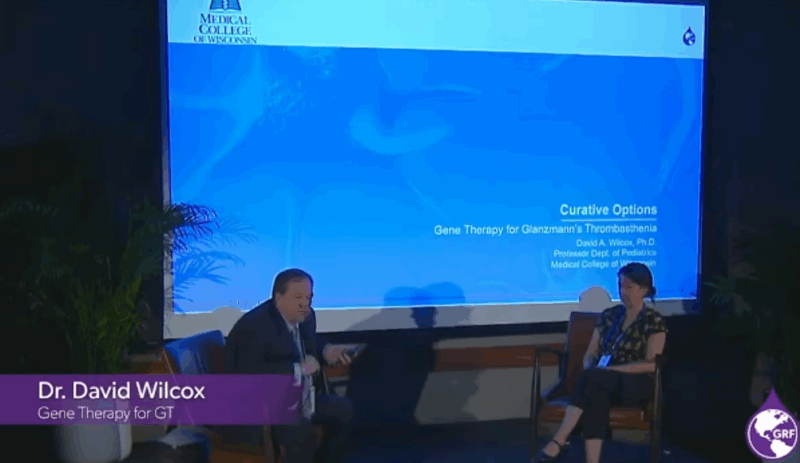
Peter Zdziarski: Gene Therapy vs Prophylaxis in Glanzmann Thrombasthenia
Peter Zdziarski, Vice President and Marketing Director at the Glanzmann’s Research Foundation, shared a post on LinkedIn:
”Gene Therapy vs Prophylaxis in Glanzmann Thrombasthenia
This is one of the most frequently asked questions I hear from the GT community, and it’s a crucial one.
The distinction matters:
Prophylaxis requires ongoing drug use, often weekly or bi-weekly.
Gene therapy is designed as a single procedure and has the potential for a lasting solution.
What’s important to remember is that both options are still in clinical trials. Marketing to the GT community has put a heavy spotlight on prophylaxis in recent years. For many families, this has made it seem like the only new option, when in fact gene therapy for GT has been in development for years.
That’s why staying informed is so critical. There is meaningful research happening that could change the future of treatment. Both options, and the realities behind them, deserve attention.
If you or a loved one is living with GT, I strongly encourage you to follow the groundbreaking work of Dr. David Wilcox and his team at the Medical College of Wisconsin. Their efforts are bringing real hope for a long-term solution to Glanzmann Thrombasthenia.
Knowledge is power. The more we understand the science, the costs, and the possibilities, the better prepared we are to make the best decisions for our community’s future.”
Find more information here.

Stay updated on all scientific advances with Hemostasis Today.
-
Feb 22, 2026, 14:16Ilenia Calcaterra: From Representation to Intellectual Independence in Women in Science
-
Feb 22, 2026, 13:27Pete Stibbs: New AHA and ACC PE Guidelines Finally Align with Real Clinical Practice
-
Feb 22, 2026, 10:39Tagreed Alkaltham: Fibrinogen Concentrate Is a Deliberate Clinical Choice in Acute Bleeding
-
Feb 22, 2026, 09:38Abdulrahman Nasiri: Significant Shifts In The 2026 AHA/ACC Guidelines for Acute Pulmonary Embolism
-
Feb 22, 2026, 09:22Shiny K. Kajal: Not All Transfusion Reactions Are Immunohematologic Incompatibilities
-
Feb 22, 2026, 09:12Arun V J։ The Hidden Risks in Every Blood Bag
-
Feb 22, 2026, 08:56Parandzem Khachatryan։ How Hard Is It to Be a Mom, a Wife, a Professor, and a Doctor All at Once?
-
Feb 22, 2026, 08:46Anirban Sen Gupta Presents Bioinspired Platelet Surrogates at MTEC
-
Feb 22, 2026, 08:31Heghine Khachatryan: Advancing Care for Women and Girls with Bleeding Disorders is A Matter of Equity

